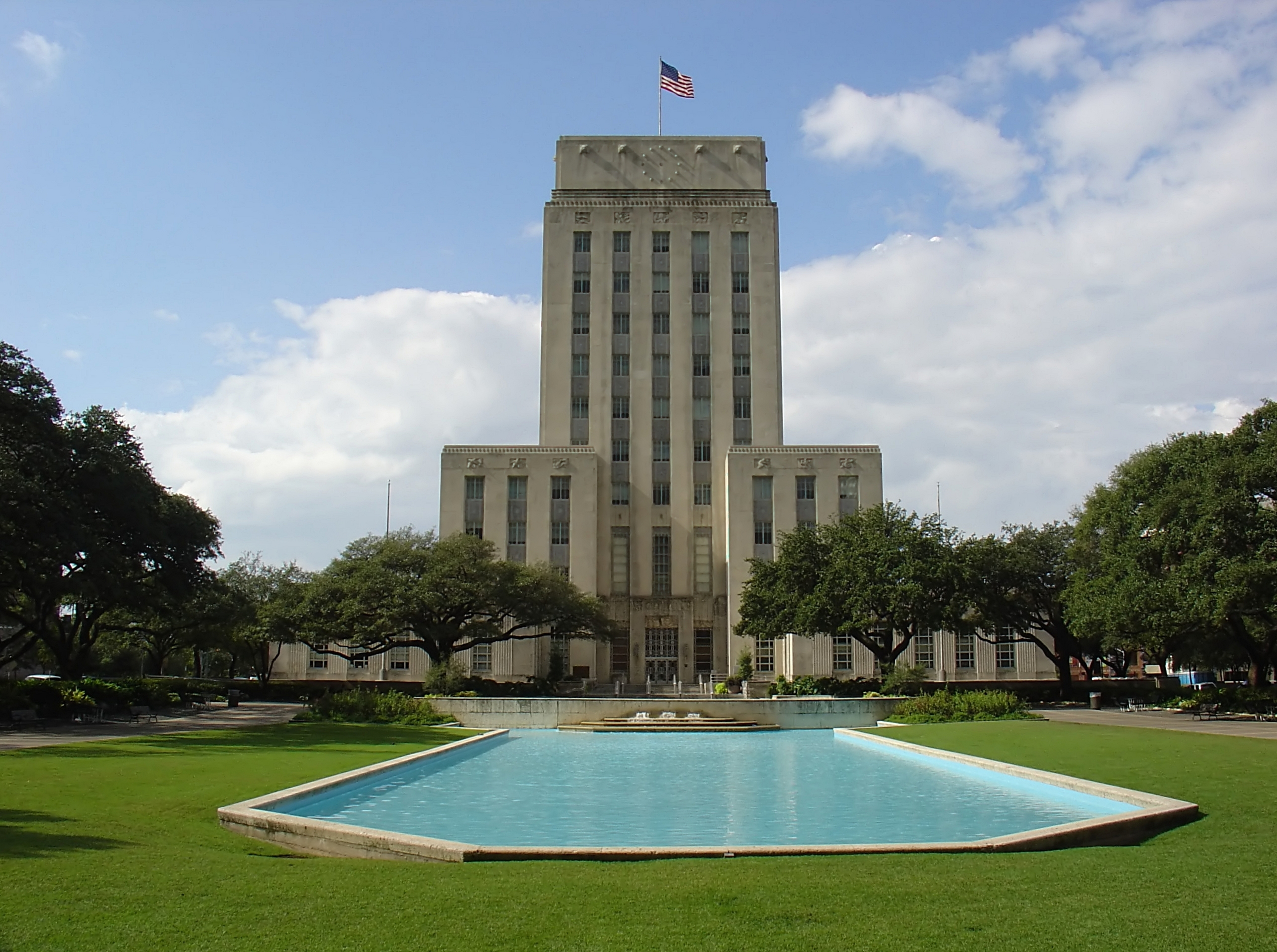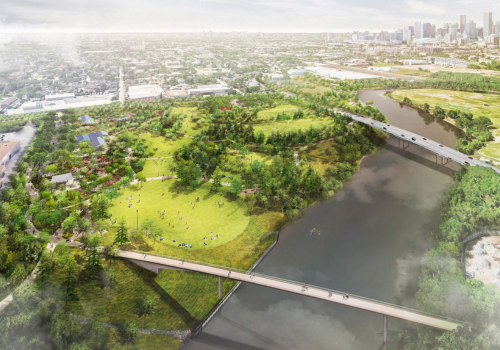Highlights from Houston's November 5 General Election
Published Nov 06, 2019 by Sophia Guevara
Houston area voters approved several measures on the ballot this year. Below is a highlight of the results impacting the Houston region.
METRO Bond – PASSED
Area voters approved this bond authorization proposal by a wide margin. This proposition was supported by the Partnership’s board. The vote grants METRO $3.5 billion in bonding authority, which combined with a potential match of $3.5 billion in federal funds and $500 million in other available local funds, will allow for up to $7.5 billion in transit network development. These projects will be crucial for the growth and mobility demands of the Houston region for the next several decades.
State Constitutional Amendment Proposition 8 – PASSED
Statewide voters overwhelmingly passed Proposition 8 with 77% of the vote. This item was the direct result of the enactment of Senate Bill 7 by Senator Brandon Creighton (R-Conroe), the Legislature’s landmark flood resilience legislation. This approval is the final step in the Partnership’s work related to its top executive priority during the 86th Legislative Session.
Proposition 8 authorizes the creation of the Flood Infrastructure Fund (FIF) – administered by the Texas Water Development Board. With this approval, heavily championed by Rep. Dade Phelan (R-Beaumont), Texas voters ensured $793 million, which the Legislature appropriated for the Flood Infrastructure Fund, will be dedicated to address future flood mitigation needs across the state of Texas.
Other State Constitutional Amendments Important to the Houston Region
Proposition 5 – PASSED
Proposition 5 establishes a dedicated revenue stream for the preservation and maintenance of state parks and historic sites. This is a critical policy that will impact the Houston region.
Proposition 6 – PASSED
Proposition 6 allows for an increase to the maximum bond amount authorized for the Cancer Prevention and Research Institute of Texas, which has helped the Texas Medical Center become a world leader in cancer treatment and research.
Overall, nine of the ten proposed state constitutional amendments passed. The only one to fail was Proposition 1, the amendment which allows an individual to hold more than one municipal judge seat in more than one municipality at the same time.
Other election results that are important to note:
Texas House of Representatives
House District 28, Runoff: Eliz Markowitz (D) and Gary Gates (R)
House District 148, Runoff: Anna Eastman (D) and Luis La Rotta (R)
Houston Independent School District Board Elections
Although the Partnership did not directly support any candidate on the ballot, the Partnership is supportive of new HISD board leadership who share a commitment to improving student outcomes.
Four of the nine trustee positions were up for election. Only two incumbents ran again and both lost.
Position 2, Runoff– Kathy Blueford-Daniels and John Curtis Gibbs
Position 3 – Dani Hernandez defeated incumbent Sergio Lira
Position 4, Runoff– Matt Barnes and Patricia K. Allen
Position 8 – Judith Cruz defeated incumbent and current board president Diana Davila
City of Houston Mayoral and City Council Races
City of Houston Mayor, Runoff: Sylvester Turner* and Tony Buzbee
At-Large Position 1, Runoff: Mike Knox* and Raj Salhotra
At-Large Position 2, Runoff: David W. Robinson* and Willie R. Davis
At-Large Position 3, Runoff: Michael Kubosh* and Janaeya Carmouche
At-Large Position 4, Runoff: Anthony Dolcefino and Letitia Plummer
At-Large Position 5, Runoff: Sallie Alcorn and Eric Dick
City Controller: Chris B. Brown*
District A, Runoff: Amy Peck and George Harry Zoes
District B, Runoff: Tarsha Jackson and Cynthia Bailey
District C, Runoff: Abbie Kamin and Shelley Kennedy
District D, Runoff: Carolyn Evans-Shabazz and Brad "Scarface" Jordan
District E: Dave Martin*
District F, Runoff: Tiffany D. Thomas and Van Huynh
District G: Greg Travis*
District H, Runoff: Karla Cisneros* and Isabel Longoria
District I: Robert Gallegos*
District J, Runoff: Edward Pollard and Sandra Rodriguez
District K: Martha Castex-Tatum*
*Indicates an incumbent
Houston Community College
District I, Runoff: Monica Flores Richart and Dave Wilson
District II, Runoff: Rhonda Skillern-Jones and Kathy Lynch-Gunter
District VII: Cynthia Lenton-Gary
Click here to learn more about the Partnership's priorities for the November 5 election. Read more about our public policy efforts here.
 The Houston Report
The Houston Report





















